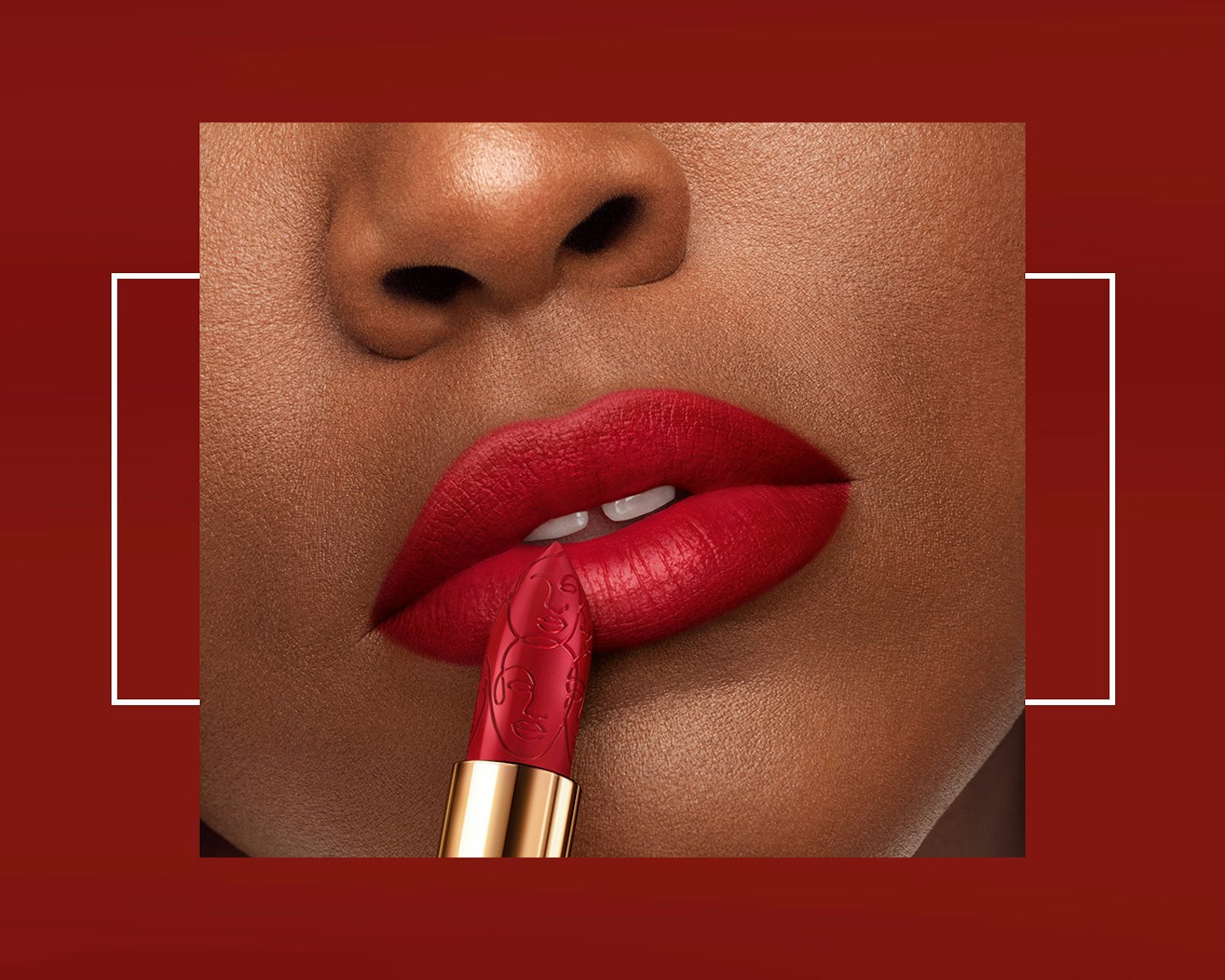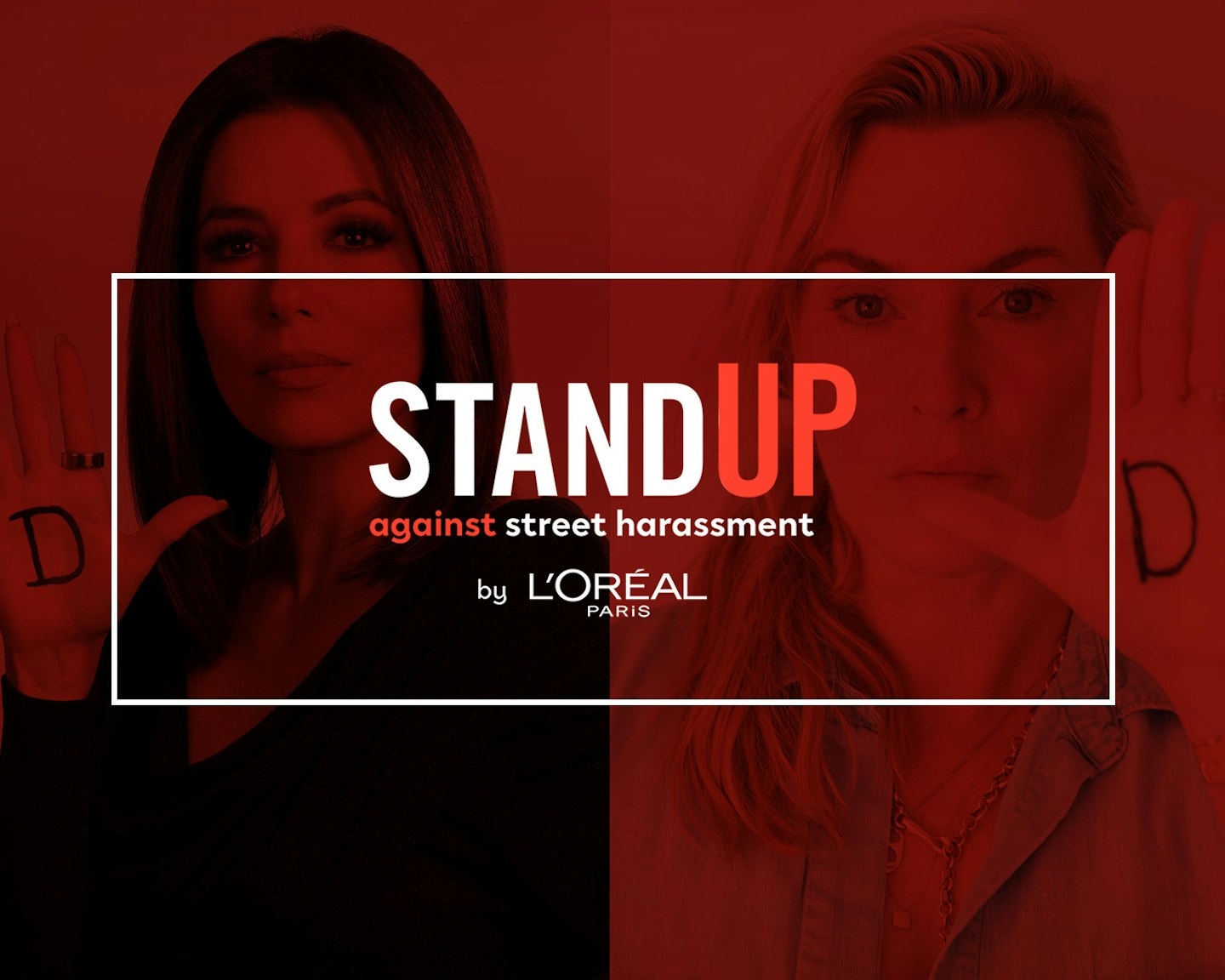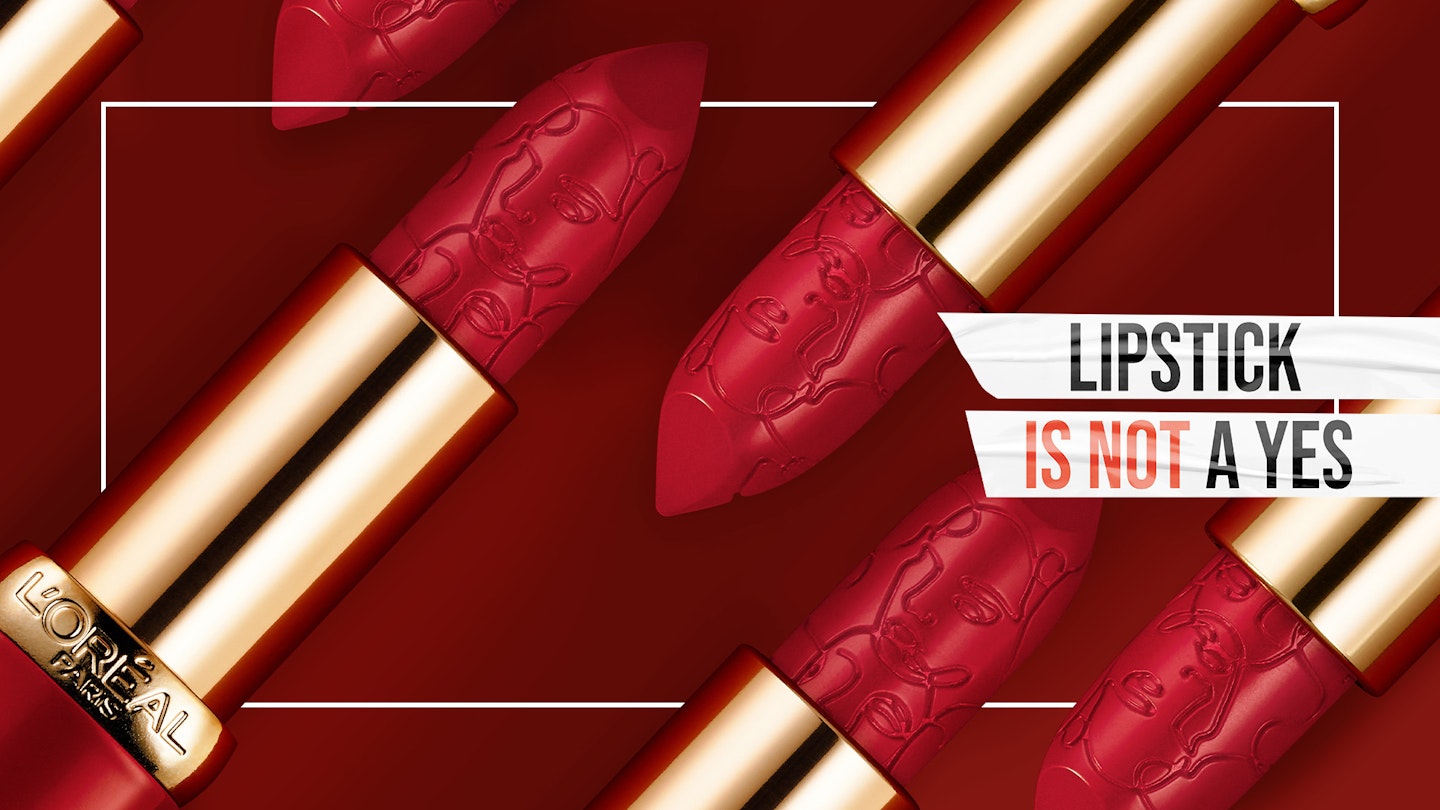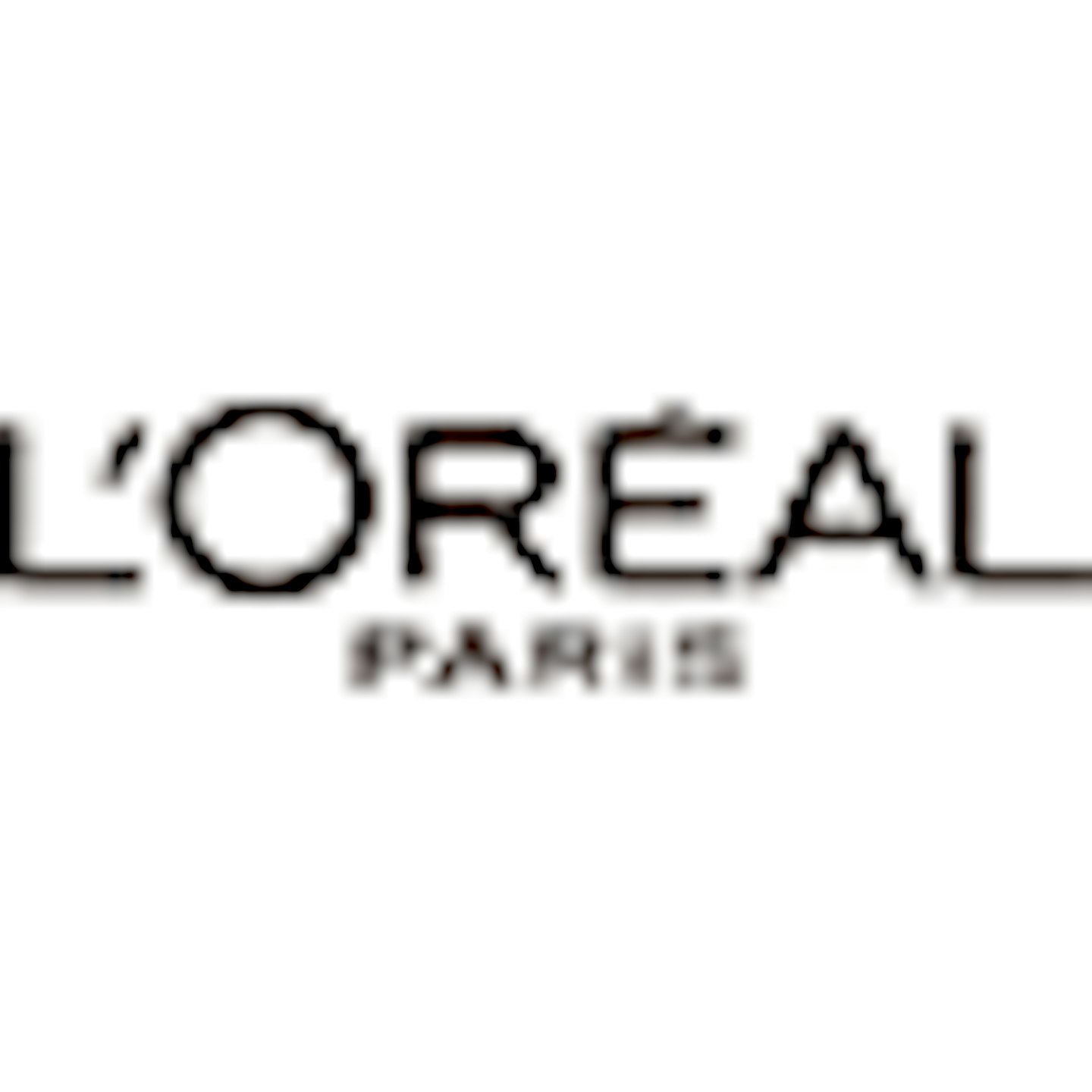Did you know that the average woman owns seven lipsticks, and will buy over three hundred in her lifetime? We don’t think these numbers include the Grazia team’s extensive collections. They’d still be counting.
But we all indeed adore lipsticks, lip stains, and glosses. Nothing perks us up more or finishes off a look better than a slick of our favourite lippy.
Lipstick has been around for literally thousands of years. And we are not talking about that one you never wear that lurks in the bottom of your make-up bag. Some believe the first solid lipstick was invented as long ago as 9AD. However, staining the lips goes way further back.
Through the ages, across continents and cultures lipstick has been embraced. It has developed from simple stains created with fruits and berries to today’s revolutionary scientific formulations.

When it comes to lipstick there is one shade that dominates. Red.
Synonymous with the 50’s Hollywood era, this bold lip colour has become an icon just like stars that wore it. But it is the colour’s past that highlights its real power.
Red lipstick has been a symbol of many things. From witchcraft and fertility to empowerment and defiance. Adolf Hitler famously hated red lipstick, which is why in WW2 so many women in allied countries wore it. The suffragette movement wore red lips as an act of solidarity.
Fast forward to today and red lipstick is once again at the forefront of change. This time in the form of a campaign that is fighting for every woman’s right to live in a world where they feel safe and supported.
As part of their pioneering Stand Up Against Street Harassment campaign, L’Oréal Paris has launched a limited-edition L’Oréal Paris Color Riche Satin Lipstick. And of course, it is red.

Lipstick is not a Yes
Developed to suit all skin tones, the shade is called ‘Lipstick is not a Yes’ and is matched to L’Oréal’s first-ever original red shade. Exclusive to Superdrug, 100% of L’Oréal’s profits will be donated to the Suzy Lamplugh Trust, the UK's pioneering personal safety charity and leading stalking authority.
This lipstick is made for those who wish to stand up and stand out, to feel empowered. It feeds into L’Oréal’s famous statement of ‘you’re worth it’ a brand mission that strives to empower every woman to believe in her beauty and sense of worth. This is ‘Lipstick is not a Yes’ . And as the name suggests what we wear is no excuse for abuse of any kind. If we all stand up against street harassment, we can all live our lives in a kinder, better world.
Stand Up Against Street Harassment
80% of women in the UK have reported experiencing harassment in public spaces*. This is why the incredible team at L’Oréal Paris launched the Stand Up Against Street Harassment campaign in 2021. By joining forces with the Suzy Lamplugh Trust, this campaign helps empower women and men to combat street harassment.
Together L’Oréal Paris and the Suzy Lamplugh Trust are rolling out the Stand Up Against Street Harassment Bystander Intervention Training Program. The aim is to train 10,000 people per year. Over 850,000 people have already been trained. There is a free online training session that takes just 10 minutes, or a one hour virtual workshop hosted by experts. You’ll learn all about the 5 Ds. Delay, delegate, document, distract and direct. These are 5 simple proven techniques to handle street harassment situations. Practical and empowering, check it out here.
References* International survey on “sexual harassment in public spaces” conducted by L’Oréal Paris with IPSOS, with data gathered in 15 countries with over 15,000 participants, January 25th – March 10th, 2021. Interviews were conducted online. The Suzy Lamplugh Trust ‘Driving Out Violence and Aggression’ report, 582 respondents across 17 days in the UK in September 2021. First survey: International survey on “sexual harassment in public spaces” conducted by L’Oréal Paris with IPSOS, with data gathered in 8 countries with over 15,000 participants, April 2019. Interviews were conducted online.

